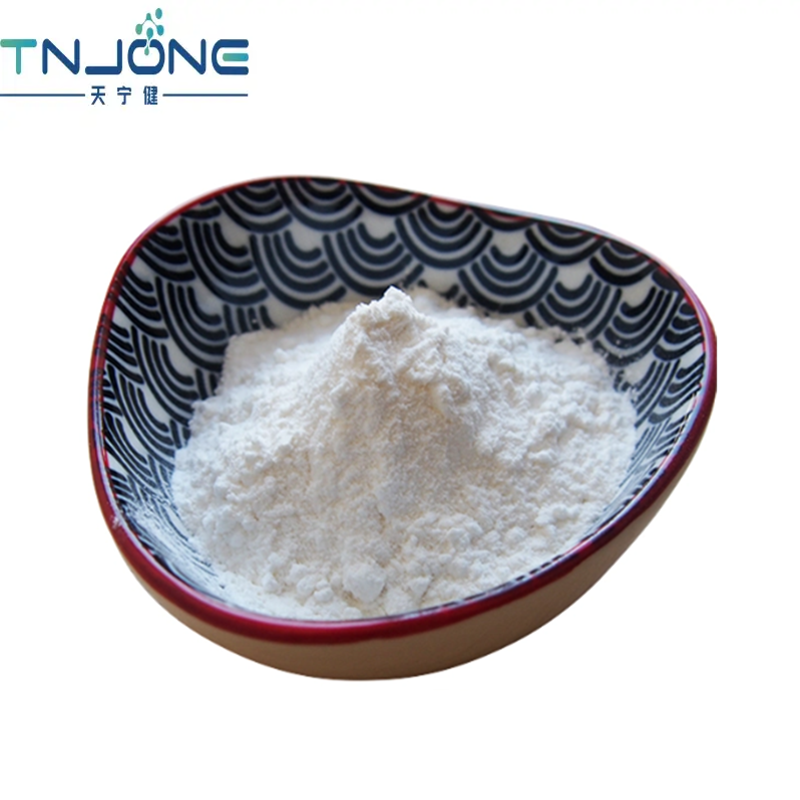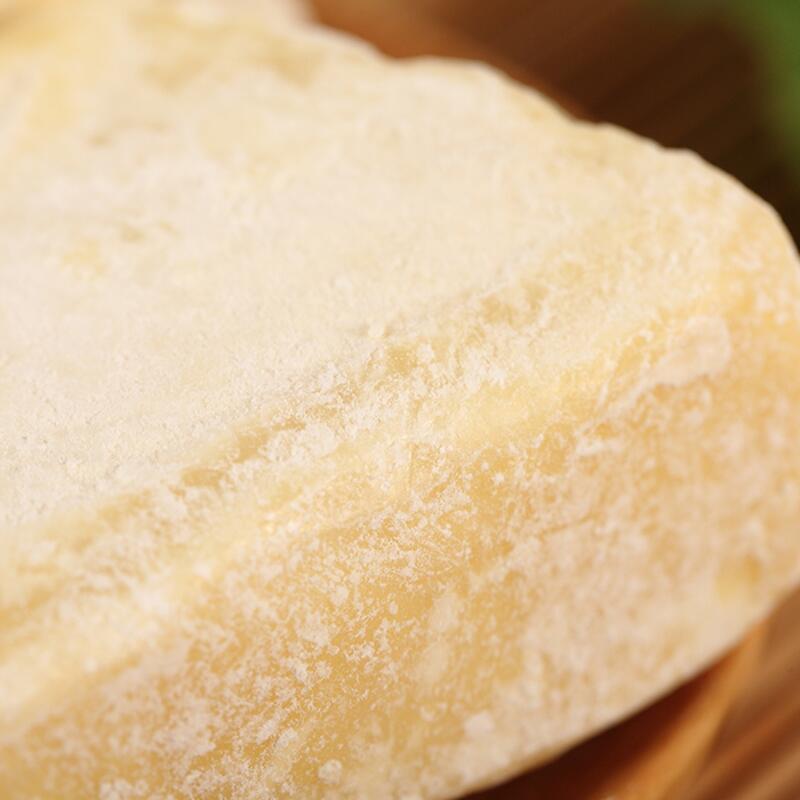-
Categories
-
Pharmaceutical Intermediates
-
Active Pharmaceutical Ingredients
-
Food Additives
- Industrial Coatings
- Agrochemicals
- Dyes and Pigments
- Surfactant
- Flavors and Fragrances
- Chemical Reagents
- Catalyst and Auxiliary
- Natural Products
- Inorganic Chemistry
-
Organic Chemistry
-
Biochemical Engineering
- Analytical Chemistry
-
Cosmetic Ingredient
- Water Treatment Chemical
-
Pharmaceutical Intermediates
Promotion
ECHEMI Mall
Wholesale
Weekly Price
Exhibition
News
-
Trade Service
brings new problems
.
It is expected that the market situation will further deteriorate and food prices will continue to rise in the coming period
.
The Serbian government had previously restricted exports of wheat, flour, corn and sunflower oil
.
Traders are not happy with the measure, but experts say it is justified in an emergency and some other countries have done the same
.
Agricultural economist Milan Prostran said: 'We don't know what this year's harvest will look like, with three months to go until it is revealed, but caution should be exercised on the final yield given the shortage of fertilisers
.
The traders will certainly lose some of their income, but the government will compensate them by buying commodity reserves at stock exchange prices or otherwise
.
Traders also don’t lose out on making money, as these products have a shelf life of up to two years, and cooking oils have a longer shelf life
.
Such export curbs can at least temporarily depress prices, with corn and wheat prices dipping slightly immediately after the export curbs were imposed, according to the Novi Sad Product Exchange
.
.
Traders are not happy with the measure, but experts say it is justified in an emergency and some other countries have done the same
.
Agricultural economist Milan Prostran said: 'We don't know what this year's harvest will look like, with three months to go until it is revealed, but caution should be exercised on the final yield given the shortage of fertilisers
.
The traders will certainly lose some of their income, but the government will compensate them by buying commodity reserves at stock exchange prices or otherwise
.
Traders also don’t lose out on making money, as these products have a shelf life of up to two years, and cooking oils have a longer shelf life
.
Such export curbs can at least temporarily depress prices, with corn and wheat prices dipping slightly immediately after the export curbs were imposed, according to the Novi Sad Product Exchange
.
Aleksandar Bogunovi?, secretary of the Plant Production and Food Industry Association of the Serbian Chamber of Commerce and Industry, said that there are currently no problems with supplies in the domestic market, especially with regard to basic foodstuffs
.
Wheat, corn, flour, sugar, oil, salt, milk powder, rice, beans, meat and meat products are well stocked
.
.
Wheat, corn, flour, sugar, oil, salt, milk powder, rice, beans, meat and meat products are well stocked
.
Goran Popovich, operations director of Bambi, a leading company in the candy and biscuit industry, also expects prices for some products to stabilize
.
However, it stated that for certain raw materials, such as various vegetable fats, Serbia does not have the technical and production capacity
.
While most industry companies have a base of raw materials such as sunflower and soybeans, processing companies focus on producing final products, not such intermediate products
.
The confectionery industry in Cyprus has been relying mainly on imported raw materials for two years, and the crisis in Ukraine further complicates the situation
.
Popovich said we need to import dairy products such as frozen butter, milk or whey powder
.
If there are additional disruptions and disruptions to the imported dairy supply chain, the entire confectionery and food industry will face a shortage of raw materials for production
.
Serbia has enough flour, but current prices are comparable to European and world levels
.
All raw materials have become more expensive, without exception, which also affects the price of the final product
.
Popovich believes the Ukraine crisis has once again demonstrated the importance of building local and regional supply chains
.
.
However, it stated that for certain raw materials, such as various vegetable fats, Serbia does not have the technical and production capacity
.
While most industry companies have a base of raw materials such as sunflower and soybeans, processing companies focus on producing final products, not such intermediate products
.
The confectionery industry in Cyprus has been relying mainly on imported raw materials for two years, and the crisis in Ukraine further complicates the situation
.
Popovich said we need to import dairy products such as frozen butter, milk or whey powder
.
If there are additional disruptions and disruptions to the imported dairy supply chain, the entire confectionery and food industry will face a shortage of raw materials for production
.
Serbia has enough flour, but current prices are comparable to European and world levels
.
All raw materials have become more expensive, without exception, which also affects the price of the final product
.
Popovich believes the Ukraine crisis has once again demonstrated the importance of building local and regional supply chains
.
The problem of raw materials is not the only headache for the domestic food industry.
It is also a big problem that many companies operate in the Russian market
.
The price of transport from Serbia to Russia has doubled due to rising fuel prices and detours, and the exchange rate of the ruble is extremely volatile
.
The apple and strawberry growers are in the most difficult situation, as they are mainly exported to the Russian market, but Russia is also one of the main export destinations for some companies in the dairy and meat industries
.
Dusan Knezevic, general manager of Zlatiborac, a giant in the stuffed meat industry, said that more than half of the company's exports go to Russia
.
Sales in Russia have continued to decline since the first outbreak of African swine fever, further exacerbated by the crisis in Ukraine
.
Business & Finance's interlocutors agreed that "shifting" to new markets will not be easy, nor will it be possible in the short term
.
It is also a big problem that many companies operate in the Russian market
.
The price of transport from Serbia to Russia has doubled due to rising fuel prices and detours, and the exchange rate of the ruble is extremely volatile
.
The apple and strawberry growers are in the most difficult situation, as they are mainly exported to the Russian market, but Russia is also one of the main export destinations for some companies in the dairy and meat industries
.
Dusan Knezevic, general manager of Zlatiborac, a giant in the stuffed meat industry, said that more than half of the company's exports go to Russia
.
Sales in Russia have continued to decline since the first outbreak of African swine fever, further exacerbated by the crisis in Ukraine
.
Business & Finance's interlocutors agreed that "shifting" to new markets will not be easy, nor will it be possible in the short term
.







